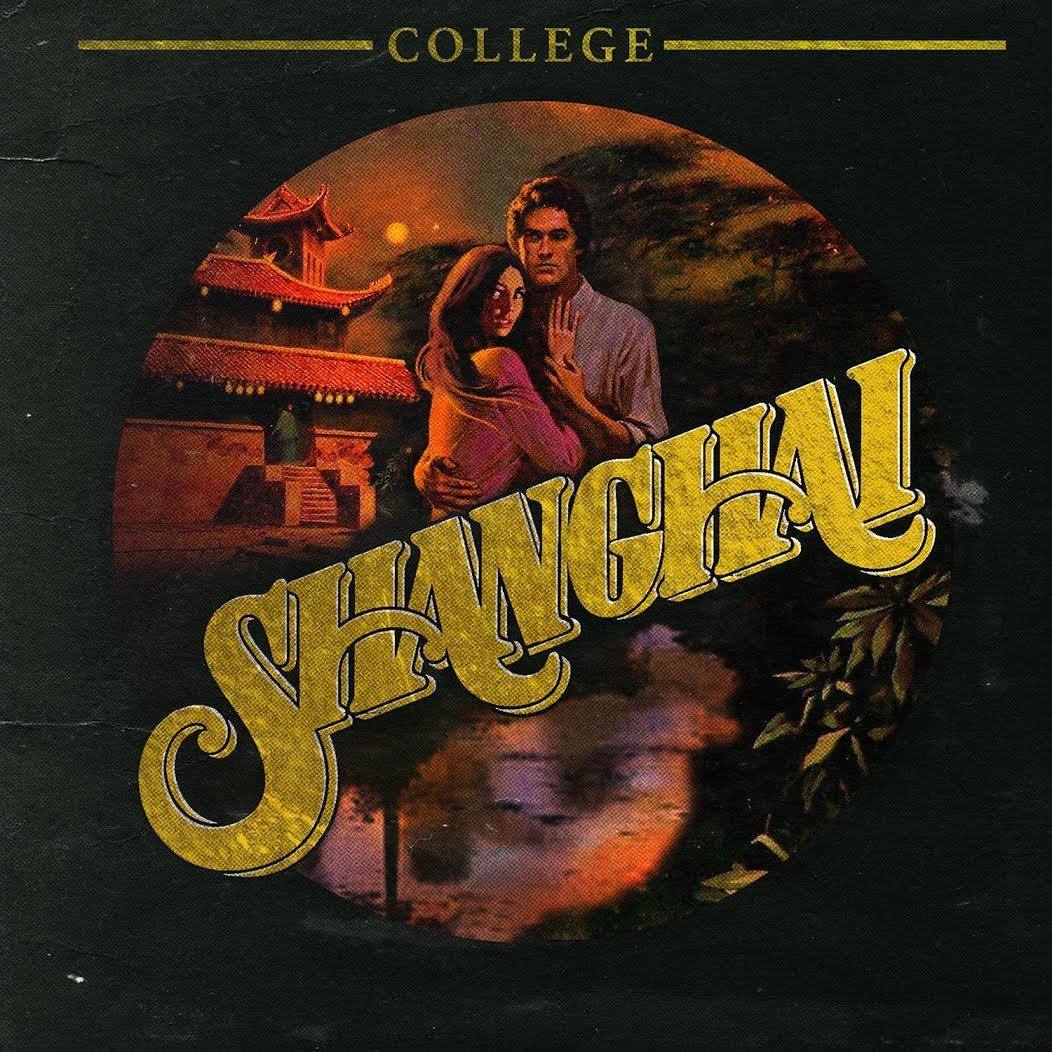College – Shanghai
David Grellier, aka College, is a synthwave pioneer. Whether you know it or not, he is likely one of the major reasons you even listen to retrosynth music - unless, of course, you were around for the first generation of synth music. Hell, it's not
David Grellier, aka College, is a synthwave pioneer. Whether you know it or not, he is likely one of the major reasons you even listen to retrosynth music – unless, of course, you were around for the first generation of synth music. Hell, it’s not a stretch to say College’s work is, in part, why outlets like NRW even exist.
College, along with The Valerie Collective and a handful of other artists such as Kavinsky, Mitch Murder and a bit later, Com Truise, laid the foundations for the modern resurgence of synthwave and its transformation into the genre we all know and love today.
Needless to say, when I heard College was dropping his fourth, full length album, “Shanghai,” on April 28th, I was thrilled – even more so when I was given the task of reviewing it! So then, you can imagine my disappointment upon realizing “Shanghai” is rather stark departure from College’s previous work.
No more neon. No more driven, disco-influenced beats. No more 80’s.
However, in spite of the initial disappointment and after more than five playthroughs, I can say without a doubt that no one should dismiss this release – even if it’s not what we’ve come to expect.
“Shanghai” is largely an ambient, almost experimental album which is heavily influenced by the city of Shanghai, circa 1920. (Does that count as “retro?”) It revolves around a mysterious, almost melancholic set of melodies that seem to be more interesting and more rewarding with each additional listen. The focus here is on mood and emotion, and “Shanghai” nails it.
This album, ironically, feels more like a soundtrack than most of today’s synthwave – which is, of course, inspired by soundtracks. There is still a retro feel here, in the synths themselves if not the composition or tonality. Reminiscent of the first synth pads in early video games, “Shanghai” feels like an eastern historical piece circa early 1900’s… if it was created by someone in the 80’s. A sort of nested retro.
So, why the departure from the College we know and love? Regardless of how you might feel about this new direction, one cannot deny that synthwave and all it’s wavy sub genres can become, at times, repetitive.
For someone who is literally a pioneer of the genre – what’s next? “Shanghai” does not signal the death of College, but rather an experiment in evolution. Why create more pastel sunsets, more neon grids or wistful palm trees when you’ve already done that?
What we have here at face value is an interesting ambient album – but contextually, within the retrowave scene that is growing around us, we have an artist who is branching out, trying new things. Even if you don’t like “Shanghai,” it is important to remember that the first steps of musical evolution like these are the only things keeping us from genre stagnation, and eventually, genre starvation and death. “Shanghai” forces you to think outside of the box – and that is something to be lauded.
My top cuts from this album are “Bloody Palms,” “Lipstick,” “Is It Time” and “TyphoonAlert.” The single, “Love Peas,” is less ambient and differs greatly from the other tracks on this album. It’s luscious and lachrymose, truly beautiful in it’s own right. Chances are even if you’re not a big fan of ambient music, you’ll like this cut anyway on it’s own merit.





